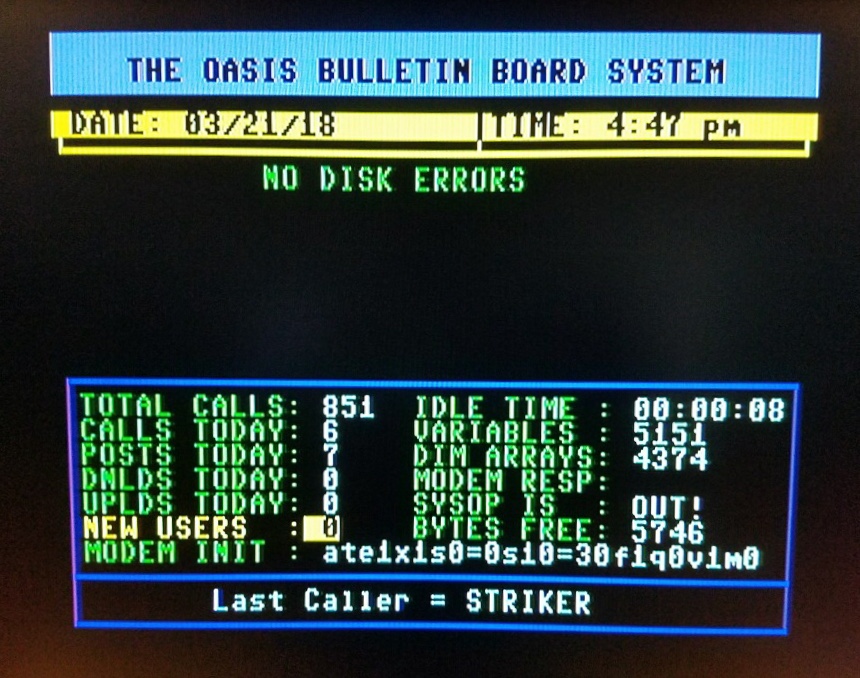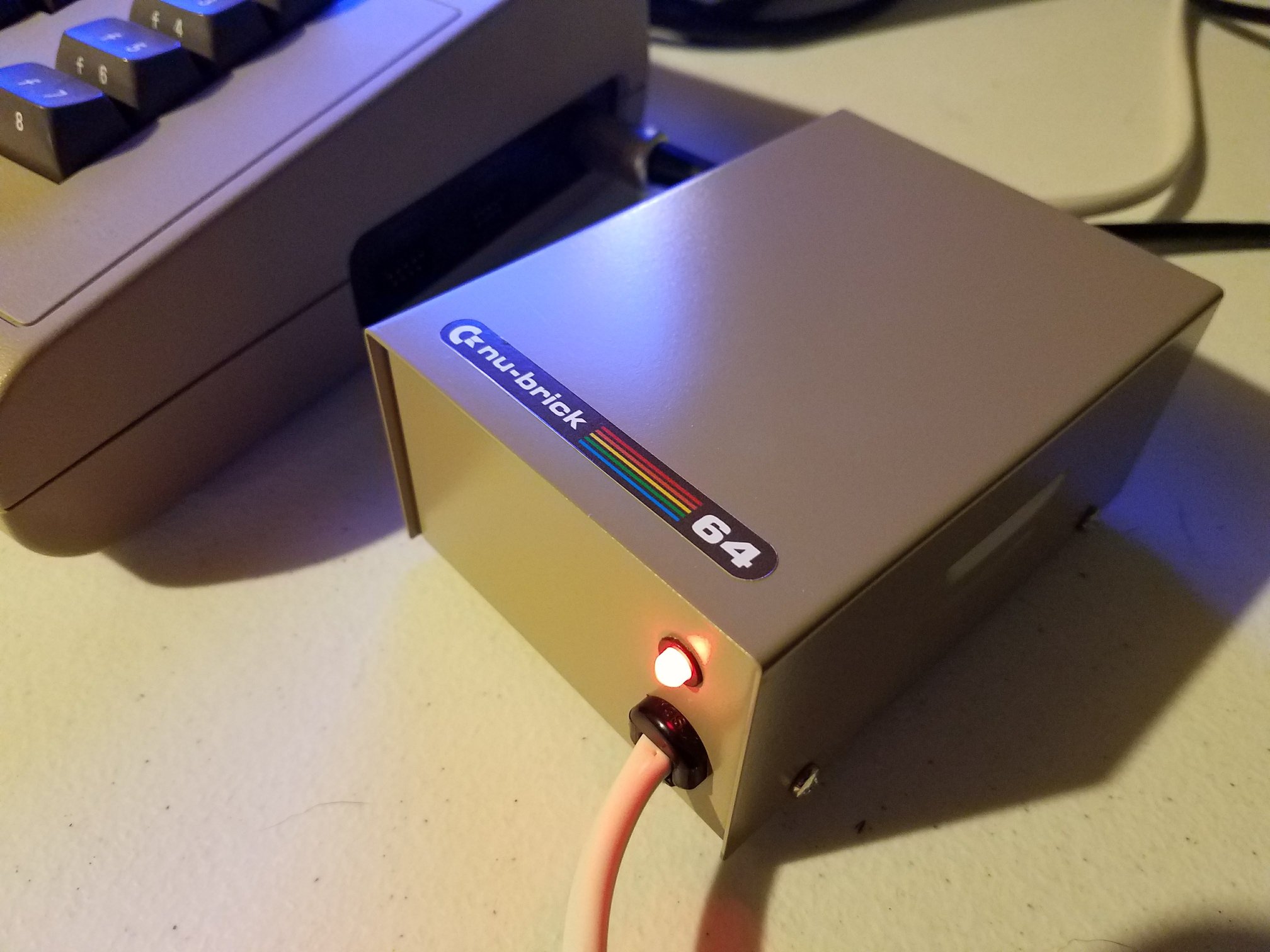The Retro Computing Archive was the highlight at Kingston University from August 21 to 28. The event offered visitors a chance to experience classic computers and consoles from 1977 to 1993. Filmed by Robert Bernardo on August 28, the exhibit filled the Town Hall at the Penrhyn Campus in Kingston, London. Rows of vintage machines were ready not just for viewing but for playing and programming.
As visitors walked through, they encountered an impressive lineup of hardware. Systems included Commodore and Amiga computers, Apple machines, Nintendo’s NES, Atari consoles, Amstrad units, and Sinclair models. Each was powered up and waiting. Guests could type code, load software, and experience technology exactly as it once worked. This hands-on focus made the Retro Computing Archive far more engaging than a static display.
The variety on display showed the many paths computing took in its early years. Attendees could explore an Amiga for graphics, move to a Commodore 64 for gaming, or sit down with an Atari for console play. They could then switch to Apple or Sinclair models to see how these platforms shaped everyday use. This broad mix turned the exhibit into a living timeline of personal computing.
The Retro Computing Archive encouraged conversation as well. People compared notes on how these machines influenced education, entertainment, and careers. The progression from clunky early keys to the sleeker designs of the early 1990s was clear. Each system told its own story about how computing entered homes and schools.
For those unable to attend, Bernardo’s filmed walkthrough captured the atmosphere. His video shows the variety, the hum of fans, and the clack of keys. Viewers get the sense of moving across decades within a single hall. Machines once thought obsolete were active again, ready for curious minds.
The Retro Computing Archive proved that technology’s past remains vital. By letting people touch and use these systems, the exhibit turned history into participation. It offered a rare chance to see how far computing has come while keeping the experience personal and direct.







